Anti-Asian hate crimes increased by nearly 150 percent in 2020, mostly in N.Y. and L.A. – “What Trump did is that he weaponized it”
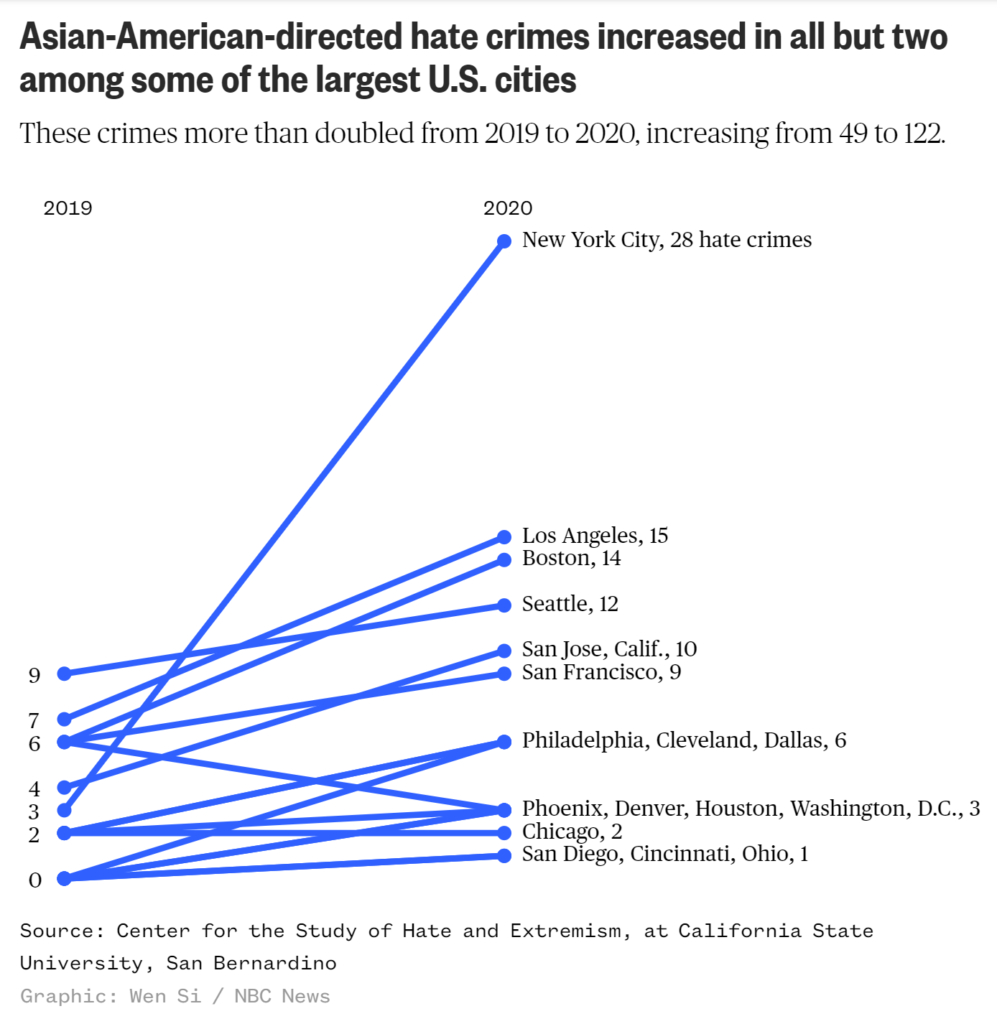
By Kimmy Yam
9 March 2021
(NBC News) – An analysis of police department statistics has revealed that the United States experienced a significant hike in anti-Asian hate crimes last year across major cities.
The analysis released by the Center for the Study of Hate and Extremism at California State University, San Bernardino, this month examined hate crimes in 16 of America’s largest cities. It revealed that while such crimes in 2020 decreased overall by 7 percent, those targeting Asian people rose by nearly 150 percent.
Karthick Ramakrishnan, founder and director of demographic data and policy research nonprofit AAPI Data, told NBC Asian America that while the uptick cannot be entirely attributed to the Trump administration’s incendiary, racist rhetoric about the coronavirus, he believes former President Donald Trump’s wielding of the fact that the virus originated in China and repeated elevation of the “China virus” rhetoric did play a part in fostering hate.
“What Trump did is that he weaponized it in a way,” Ramakrishnan said. “Trump’s rhetoric helps set a certain narrative in place — and presidents have an outsized role in terms of shaping narrative. They don’t call it a bully pulpit for nothing, and especially Trump, the way he frequently used Twitter as well as press conferences and off-the-cuff remarks to campaign rallies to frame the narrative in a particular way, it likely played a role.”
The analysis revealed a surge in cities such as New York, where anti-Asian hate crimes rose from three in 2019 to 28 in 2020, a 833 percent increase. Los Angeles and Boston also experienced notable rises, from seven to 15 and six to 14, respectively. Meanwhile, Washington, D.C., experienced a decline from six to three anti-Asian hate crimes. Chicago remained unchanged, with two crimes each year.
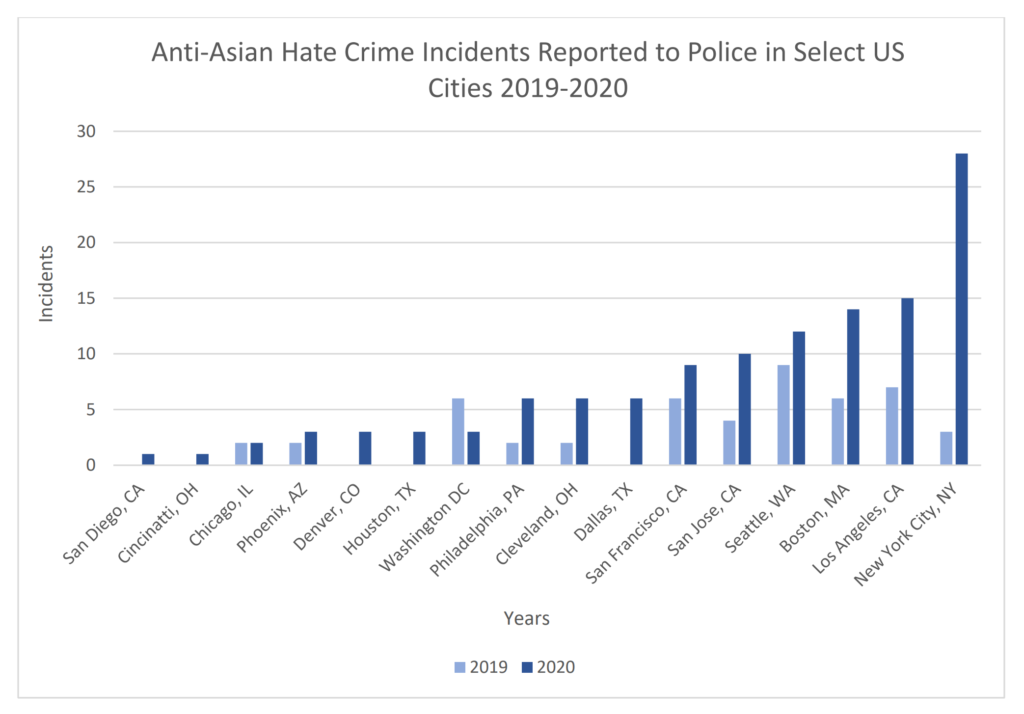
Though New York accounts for a sizable portion of the increase, Ramakrishnan said the increases in other cities are significant.
“We also know that first-generation immigrants tend to underreport acts of racial discrimination and hate crimes, but the fact that we are talking about change data suggests a meaningful shift that likely means not just greater reporting, but actually greater occurrence,” he said.
According to the analysis, it’s likely that overall hate crimes declined due to the pandemic and a subsequent lack of interaction in public areas and other gathering places including public transit, commercial businesses, schools and houses of worship.
The first spike in anti-Asian hate crimes occurred in March and April last year. However, it occurred alongside a rise in Covid-19 cases and ongoing negative associations of Asian Americans with the virus, the analysis noted.
Ramakrishnan explained that research on Trump’s use of racist language in reference to other groups shows that his language did have a profound impact on how people behave toward marginalized groups.
He said a 2020 study that examined Trump’s comments about Mexican immigrants during his presidential campaign — when he referred to them as “rapists” and declared that “when Mexico sends its people, they’re not sending the best” — found that the inflammatory remarks emboldened certain members of the American public and gave them license to express deeply held prejudices. Researchers dubbed this the “Trump effect” or “emboldening effect.”
“Trump’s rhetoric on Latinos in 2016 actually changed people’s attitudes and behavior towards Latinos,” Ramakrishnan, who worked on the study, said. “So they were more likely to be punitive towards Latinos in the workplace.”
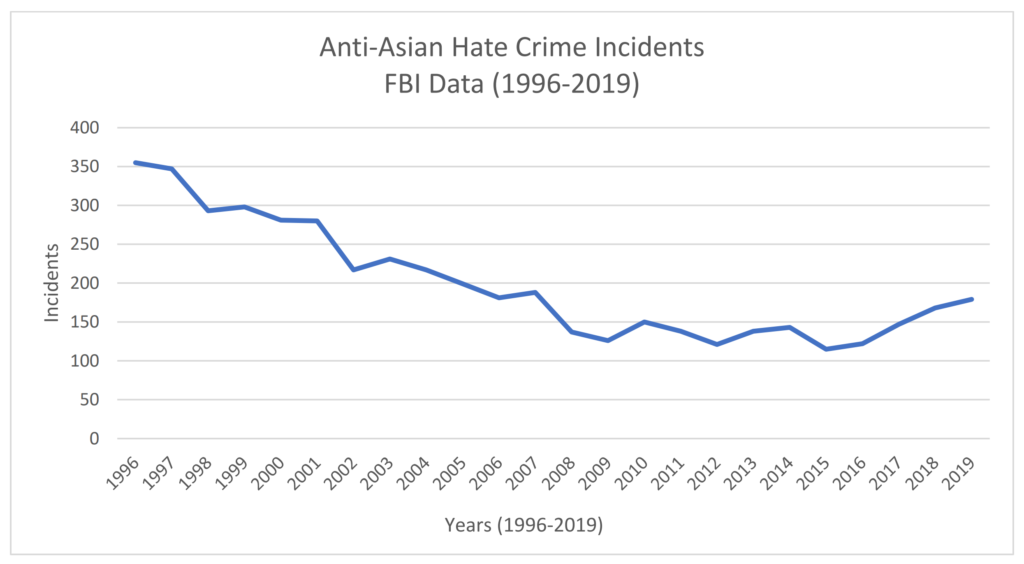
A separate study revealed that the use of “China virus” language to refer to the coronavirus, particularly by GOP officials and conservative outlets, has already resulted in a shift in how many people in the U.S. perceive Asian Americans. The significant uptick in discriminatory coronavirus speech that occurred on March 8 — the day Rep. Paul Gosar, R-Ariz., tweeted about the “Wuhan virus,” which coincided with then-Secretary of State Mike Pompeo’s interview the day before on “Fox and Friends” in which he referred to the “China virus” — was followed by a rapid reversal of a decadelong decline in anti-Asian bias.
“Research suggests that when people see Asian Americans as being more ‘foreign,’ they are more likely to express hostility toward them and engage in acts of violence and discrimination,” Rucker Johnson, a public policy professor at the University of California, Berkeley, and co-author of the study, previously told NBC Asian America. [more]
Anti-Asian hate crimes increased by nearly 150% in 2020, mostly in N.Y. and L.A., new report says
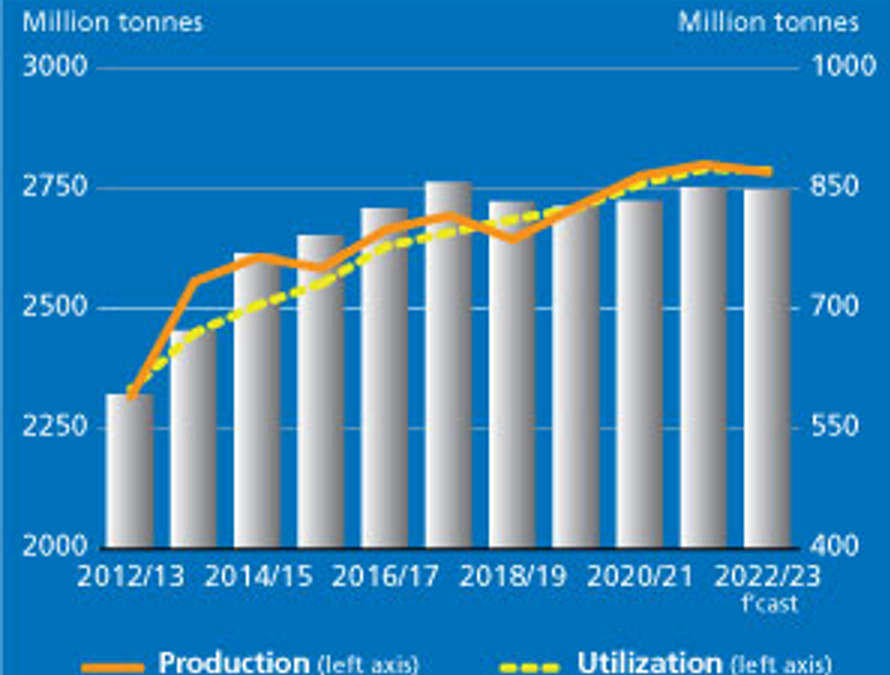
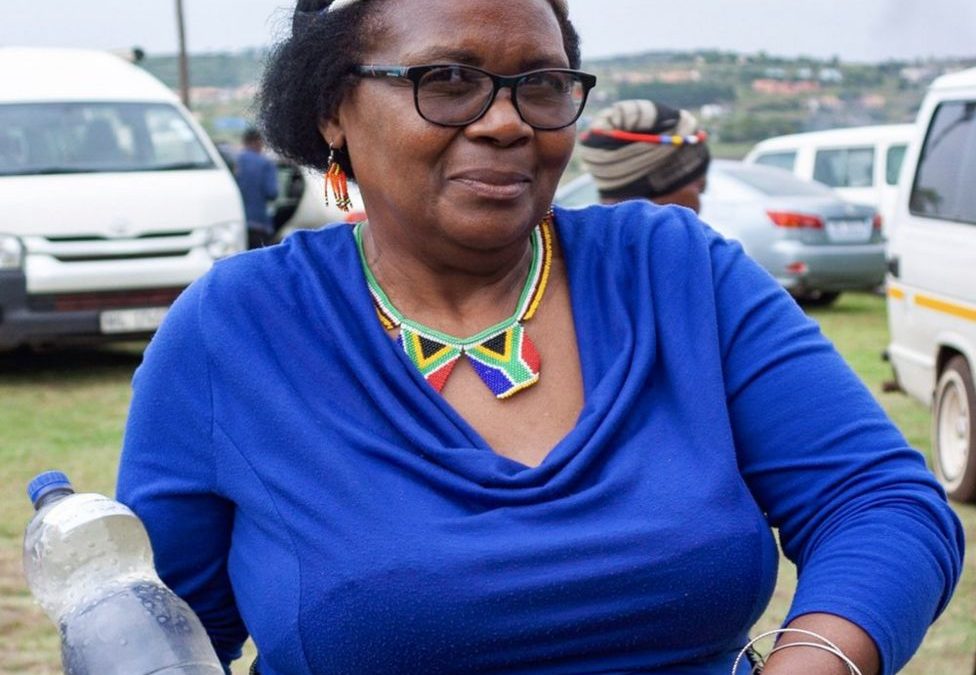
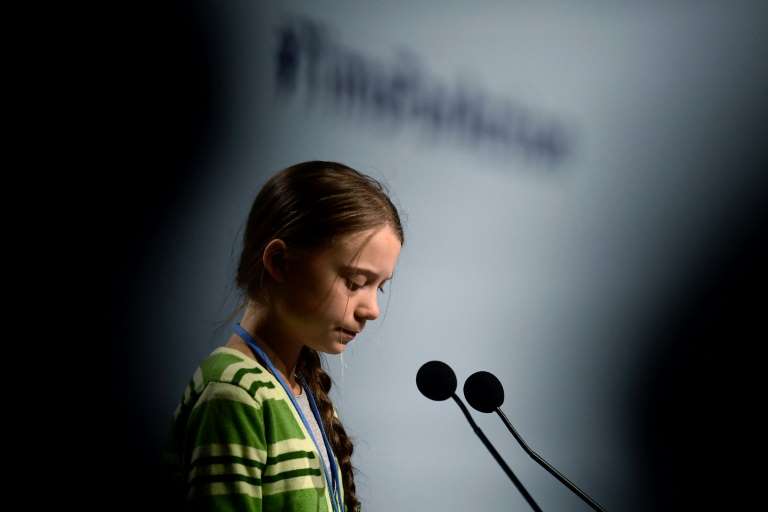
This is terrible! Who is committing these crimes? Do we have pictures or video of the suspects?